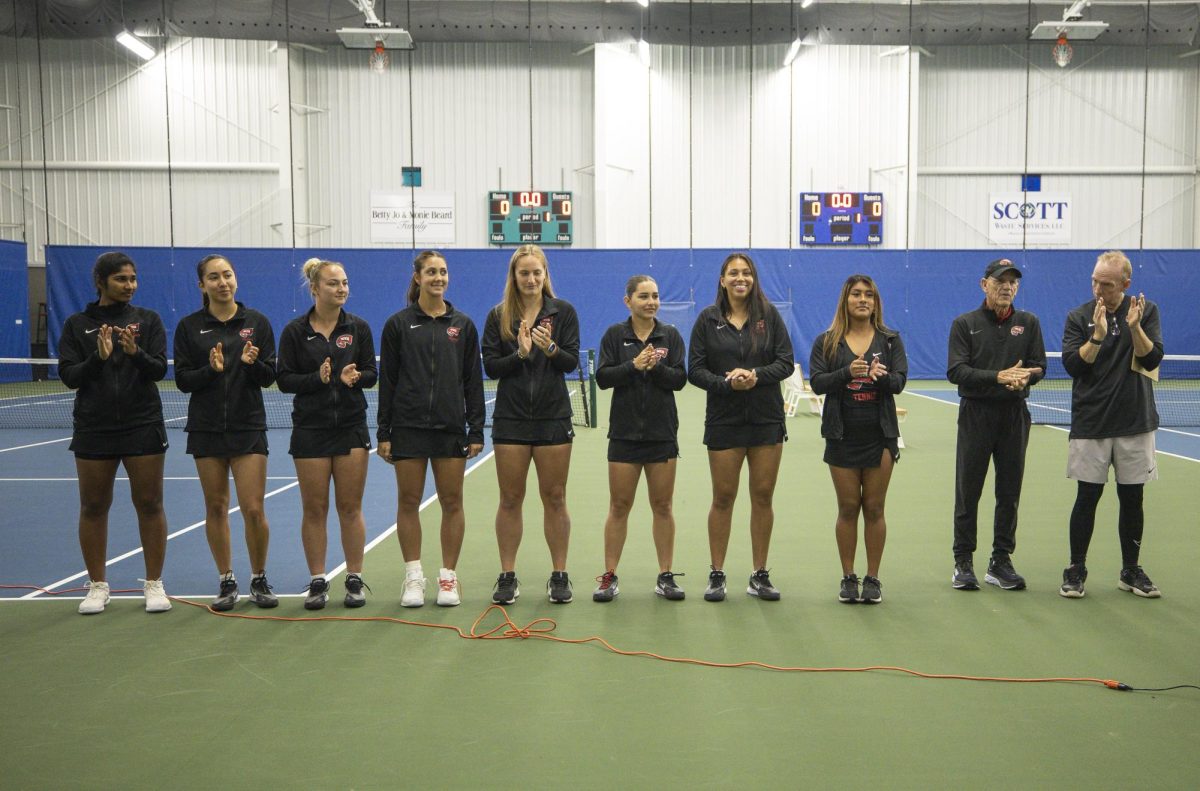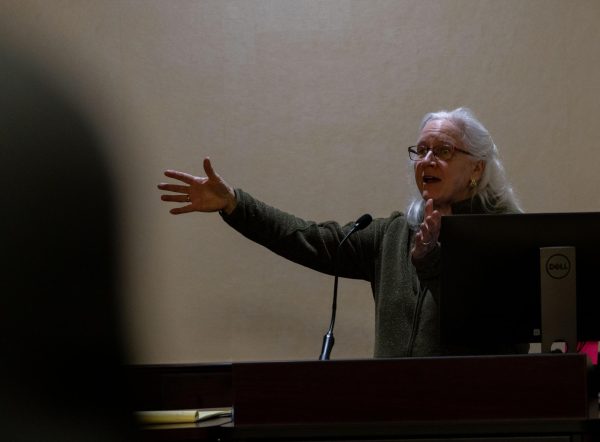Psychology professor designs video game to help autistic children
March 1, 2011
Video games can be more than just a fun way to pass the time.
Just ask assistant psychology professor Carrie Pritchard, who is designing a computer game to teach social skills to autistic children.
As far as Pritchard knows, this type of project has never been done before. She received a $20,000 grant for the project, enough money for the pilot of her video game.
If the pilot of her game goes over well and her data shows progress, Pritchard will file for a small business grant and continue with the project, she said.
Autism is one of Pritchard’s specialties because her son has Asperger’s Syndrome, a high-functioning form of autism.
Pritchard doesn’t see autism as a disorder.
“I think it’s great to tolerate differences among us,” she said. “Kids with autism have a lot of specific skills that we don’t possess that are so special. I consider it more of a difference.”
Pritchard has hired three WKU students to write the script and dialogue for the video game’s characters.
Out of almost 10 applicants, she chose Owensboro senior Kevin Reel, Lancaster freshman Seth Hutchins and Vine Grove freshman Tony Thon to help with the project. The students have each been assigned a different character, and what they decide to do with the script is up to them.
“The player is going to have choices about more skilled and less skilled behaviors they could enact after a character invites them or engages them,” Pritchard said.
Hutchins said the object of the game is interaction.
“It’s all about giving the player choices and having them take responsibility,” he said.
One reason autistic children “play video games like crazy” is that it’s something they’re good at and it keeps them from having to interact with others, Pritchard said.
Reel said it’s important to incorporate spontaneity into the game to help players in real-life situations.
Thon said he wasn’t just drawn to the project because he loves to write.
“I have a good chunk of experience with kids with autism,” Thon said.
This project isn’t the first time Pritchard has helped children with autism, either. She worked with the Kelly Autism Program when it was first beginning.
Pritchard said she taught social skills to children with autism by allowing them more freedom. Rather than giving her group of children instructions and rewarding them for good behavior, she allowed the kids to run their own group and work together.
Pritchard said her group learned to solve problems and interact with each other — not just adults. Encouraging similar social interaction is her goal in creating the video game.

























